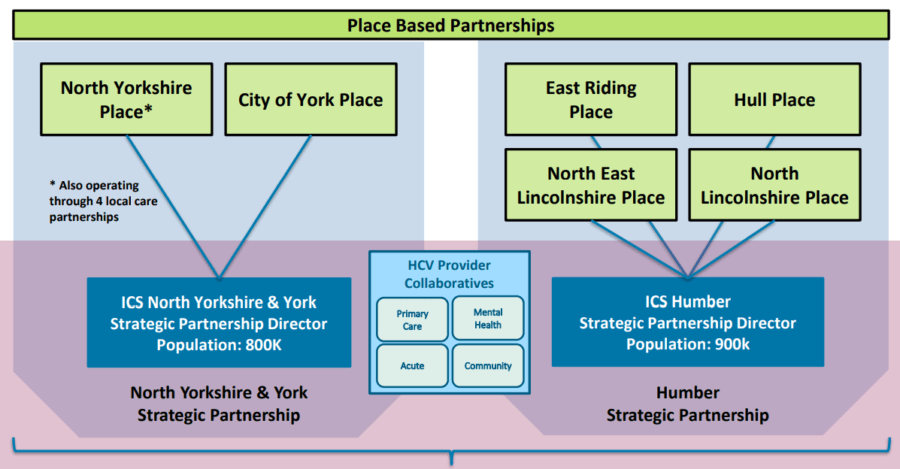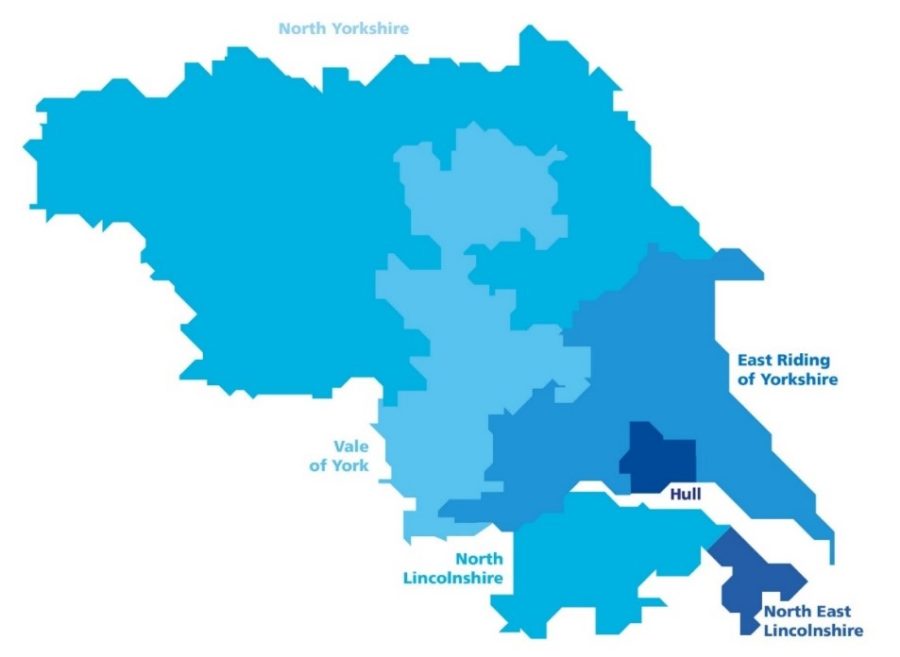Q: What are Integrated Care System (ICS)?
A: Integrated care systems (ICSs) are partnerships of health and care organisations that come together to plan and deliver joined-up services and to improve the health of people who live and work in their area. They exist to achieve four aims:
- improve outcomes in population health and healthcare
- tackle inequalities in outcomes, experience and access
- enhance productivity and value for money
- help the NHS support broader social and economic development
Q: Why are these changes taking place?
A: Following several years of locally-led development, and based on the recommendations of NHS England and NHS Improvement, the government has set out plans to put ICSs on a statutory footing.
These reforms will provide a framework for closer working between health and social care and enable all elements of the health and care system to work more seamlessly. This will provide more responsive and joined up care for patients and service users.
The anticipated changes are moving their way through Parliament at the moment in the Health and Social Care Bill and the final framework will be shaped by the legislation.
Q: Humber and North Yorkshire is a large area, what reassurance can be given to ensure the locality focus is not lost.
A: While the Humber and North Yorkshire geography is large it provides a footprint which enables both strategic decision-making and operations at scale where that can better meet individuals' needs (e.g. specialist cancer alliances which can deliver more effectively from operating over a larger geography) as well as the opportunity for local decision making. Local 'places' such as North Yorkshire will retain a great deal of decision-making for their population. North Yorkshire, with its broad geography will be further devolved into four 'neighbourhoods':
- East Coast Area
- Hambleton, Richmondshire, Whitby
- Harrogate Area
- Selby and Vale
These neighbourhoods will be well placed to understand and respond to local need.
Overall, the Humber and North Yorkshire geography will include: two strategic partnerships and six places, with the North Yorkshire place organised further into four neighbourhoods as demonstrated below:

Q: How will the changes to the NHS Reforms, benefit the patient?
A: The legislation will enable flexibility for local areas to determine the best system arrangements for them. A key responsibility for integrated care systems is to support place-based joint working between the NHS, local government, community health services, and other partners such as the voluntary and community. This should help provide the joined up, responsive, care that patients and service users have told us they want.
Q: How will the money be allocated across the ICS?
A: Some elements of the allocation process are still in development and will be shaped by the Health and Social Care bill which is still moving through Parliament. We do expect that each ICS will agree locally how the allocation will be used to perform its functions, in line with health and care priorities set at a local level. The ICS will have an agreed framework for managing and distributing its fiscal allocation, and this will be fully transparent in line with our responsibilities as a public body. A key driver to the new way of working is the ambition to address health inequalities for the benefit of all and we expect the funding model to reflect this.
Q: How will engagement look in the new landscape?
A: Engagement and public participation will remain key to our work at ICS, partnership, place and neighbourhood level. As the legislation is embedded the ICS will ensure that it is meeting all its obligations under the new law. We do know that engagement is often most effective when it is local and personal and we will take these principles with us into the new approach. We will also continue to build on existing relationship as we look to what we can do better in the future.
Q: What will happen to GP Patient Participation Groups when the CCGs function transfer to ICS?
A: GP Patient Participation Groups are the responsibility of each GP practice, the changes that are taking place will not affect the local GP practice group.
Q: Will the North Yorkshire CCG Patient Partner Network meetings continue?
A: The Patient Partner Networks were established across North Yorkshire to further enhance the engagement and is one of many methods of engagement used to involve and engage with the local communities. At this stage the exact detail of the engagement model is not known. However, it is important to note that the functions of the CCG will transfer to the ICS, this includes the statutory duty to engage and involve the public.
Q: Will the virtual engagement network "The Loop" continue?
A: As NHS North Yorkshire CCG will no longer exist after 1 July 2022, it will be a requirement under General Data Protection Regulations (GDPR) that all members are contacted to ask permission to transfer their contact details to the new organisation. This is an opportunity for us to refresh our database and ensure that those registered want to continue being involved.





